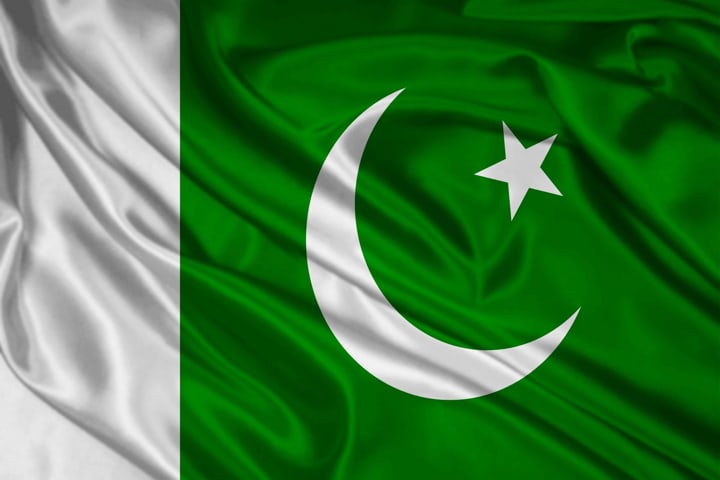

Representative Image
Saudi Arabia’s reluctance to provide any meaningful financial assistance to Pakistan, which is currently in the middle of an unprecedented economic crisis, is a wake-up call for Islamabad.
It is not just Saudi Arabia. Even China, considered as Pakistan’s iron brother has not come forth in rescuing the country though it has offered to roll over a loan as negotiations between the International Monetary Fund (IMF) and Islamabad for the resumption of an aid package continue to hang in balance.
The unwillingness of bilateral and multilateral agencies to bailout Pakistan is a sign of the changing geo-economic and geopolitical landscape driven by the rising global risks post the Covid 19 pandemic and the ongoing Russia-Ukraine war.
According to Middle East Eye, a digital news organisation covering stories from West Asia and North Africa, Saudi Arabia’s decision to refuse to provide any further bailouts or interest-free loans to Pakistan has left the government in Islamabad in shock and has prompted the finance minister to complain that even friendly countries aren’t keen on helping Pakistan out of its economic emergency.
“Saudi Arabia is on a different course now. They’ve reset their relationship with other countries and refused to give financial handouts to namely: Jordan, Morocco and even Egypt. However, Pakistan, which is far more dysfunctional than all of the others, should have seen it coming,” Kamal Alam, senior fellow at the Atlantic Council was quoted by the news organisation.
Earlier, Pakistan Prime Minister Shehbaz Sharif admitted that countries with which Islamabad has traditionally shared good relations have also become wary in lending further.
“Today, when we go to any friendly country or make a phone call, they think that we have come [to them] to beg for money,” Sharif said late last year while addressing a lawyers’ convention.
The South Asian nation’s debt under Sharif continued to rise. Between July—the beginning of the new financial year in the country and January, (Pakistani) Rs 7.2 trillion was added in debt to touch a total of about Rs 55 trillion, largely driven by the depreciation of the local currency.
In December alone, the government’s total debt increased by 7.7 per cent month-on-month touching Rs 51 trillion.
Pakistan’s external debt obligations over the next three years have risen to $73 billion while the country’s foreign exchange reserves are about $4–5 billion.
An analyst told India Narrative that while the political class in Pakistan is “fully aware of the problems and even the solutions, none is willing to take the bold step by putting in place structural reforms to revive the economy.”
Also read: Pakistan plunges further on terror index, now below Afghanistan: Report
Vengeful politics and weary friends prevent IMF from a $7 billion dole to Pakistan
The Ministry of External Affairs (MEA) has taken note of the new guidelines issued by…
The Ministry of External Affairs on Thursday said India refused to sign the joint declaration…
The Ministry of External Affairs spokesperson Randhir Jaiswal said that India, so far have evacuated…
Axiom 4 mission aboard the SpaceX Dragon spacecraft successfully docked at the International Space Station…
In a significant moment for regional cinema and cultural dialogue, the premiere of 'Harmukh', the…
Union Home Minister Amit Shah on Thursday said that languages were not just a medium…